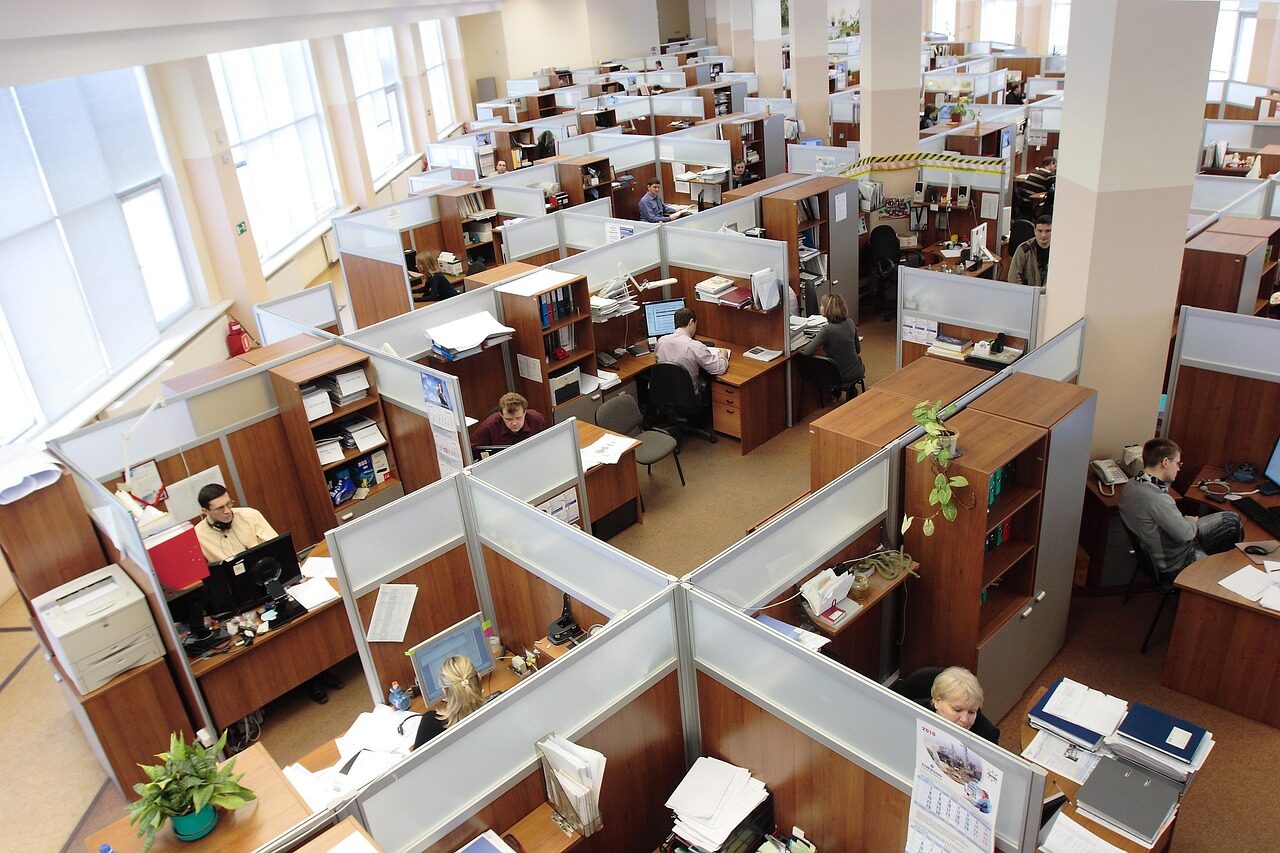More young workers are taking long breaks from their jobs instead of waiting for retirement. They call it micro-retirement, and it’s changing how people think about work and rest.
Recent workplace surveys reveal growing stress levels at work. In 2024, stress forced one in five UK workers to take time off, causing 16 million missed work days. Young workers saw this and started looking for better ways to work.
“I’ve never felt healthier. I’ve never felt more rested,” says Anaïs Felt, who left her office job six months ago. But she points out she saved money first and paid off her $70,000 student loans before quitting.
George Buckley, 23, made a similar choice. He quit his real estate job in 2023 and bought a one-way ticket to Thailand. Now he lives in Bali, Indonesia.
Money experts warn about risks. “If you’re in your twenties, you’re trying to get established in your field,” says Paul McCarthy, who runs Kisco Capital. “Taking a break could put you behind your coworkers.” He adds that mental health often suffers most when money runs out.
Similar Posts
Job hunting has gotten harder too. Ten years ago, 94% of UK graduates found work or continued studying within a year. Now, only 59% have full-time jobs even after 15 months.
Dr. Christopher Fisher, a psychiatrist at Northwell, sees both sides. These breaks can help people feel more in control and less burned out. But losing regular work routines can make it harder to grow professionally.
Research and workplace experts report changing c patterns. Lewis Maleh, who runs a job agency, sees young women taking various jobs to get started. But young men often wait for perfect positions. “They don’t want to start somewhere and work up,” he explains.
These extended breaks work differently for everyone. Some use the time to learn new skills. Others travel or focus on health. The key is planning ahead, especially with money.

Adama Lorna, who shares advice with her 140,000 YouTube followers, puts it simply: “Instead of waiting until you’re 60 or 70 to travel the world, do it while you have your youth and energy.”
This trend shows how work is changing. Young workers want both good careers and time for themselves. But they’re learning that taking breaks needs careful planning to avoid future problems.











